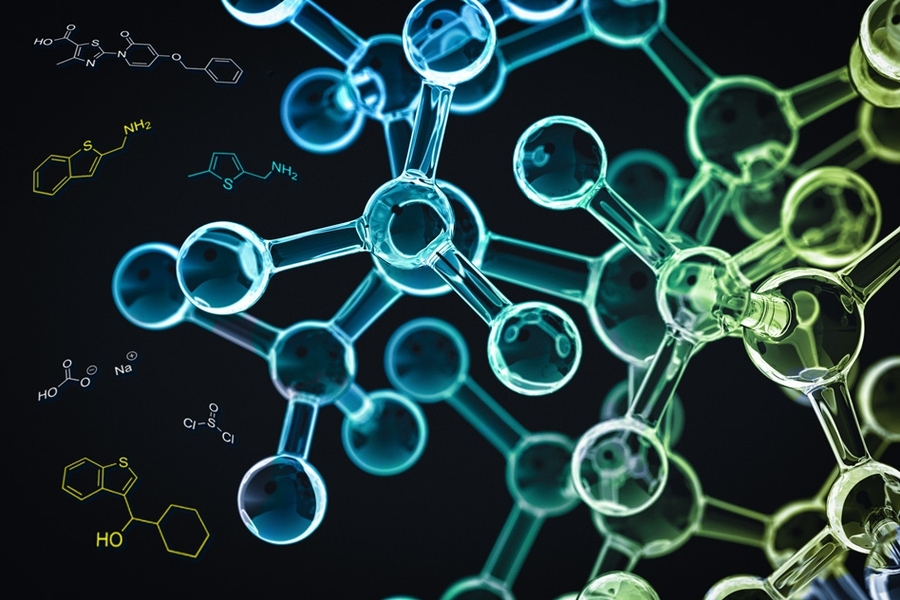
In today's modern world, we are surrounded by a plethora of chemicals in our daily lives. From personal care products to household cleaners, these chemicals have become an integral part of our routines. However, have you ever stopped to consider the potential effects these chemicals may have on your skin? In this blog post, we will delve into the world of chemicals and their impact on our skin, exploring both the harmful and beneficial aspects.
- Understanding the Skin Barrier:
Before we dive into the specific chemicals, it's crucial to understand the skin's barrier function. The outermost layer of our skin, known as the stratum corneum, acts as a protective shield against external factors. Chemicals can disrupt this barrier, leading to various skin issues. - Harmful Chemicals to Avoid:
a) Parabens: These preservatives, commonly found in cosmetics and skincare products, have been linked to skin irritation and hormonal disruption.
b) Sulfates: Often present in cleansers and shampoos, sulfates can strip the skin of its natural oils, causing dryness and irritation.
c) Formaldehyde: Found in certain nail polishes and hair products, formaldehyde is a known skin sensitizer and can cause allergic reactions. - Environmental Factors:
Chemicals not only come from personal care products but also from environmental sources. Air pollution, UV radiation, and cigarette smoke contain harmful chemicals that can penetrate the skin, leading to premature aging, pigmentation issues, and even skin cancer. - Beneficial Chemicals for Skin:
a) Hyaluronic Acid: Known for its hydrating properties, hyaluronic acid helps to retain moisture in the skin, promoting a plump and youthful appearance.
b) Antioxidants: Found in fruits, vegetables, and skincare products, antioxidants protect the skin from free radicals and environmental damage.
c) Retinoids: Derived from Vitamin A, retinoids stimulate collagen production, reducing the appearance of wrinkles and improving skin texture. - Tips for Minimizing Chemical Exposure:
a) Read product labels: Look for products that are free from harmful chemicals such as parabens, sulfates, and phthalates.
b) Choose natural alternatives: Opt for organic and natural skincare products that utilize plant-based ingredients.
c) Practice sun protection: Shield your skin from harmful UV rays by wearing sunscreen and protective clothing.
Conclusion:
While chemicals have become an integral part of our lives, it's essential to be aware of their potential impact on our skin. By understanding the harmful chemicals to avoid and embracing beneficial ones, we can make informed choices to protect and nourish our skin. Remember, a healthy and radiant complexion starts with knowledge and conscious decision-making.




